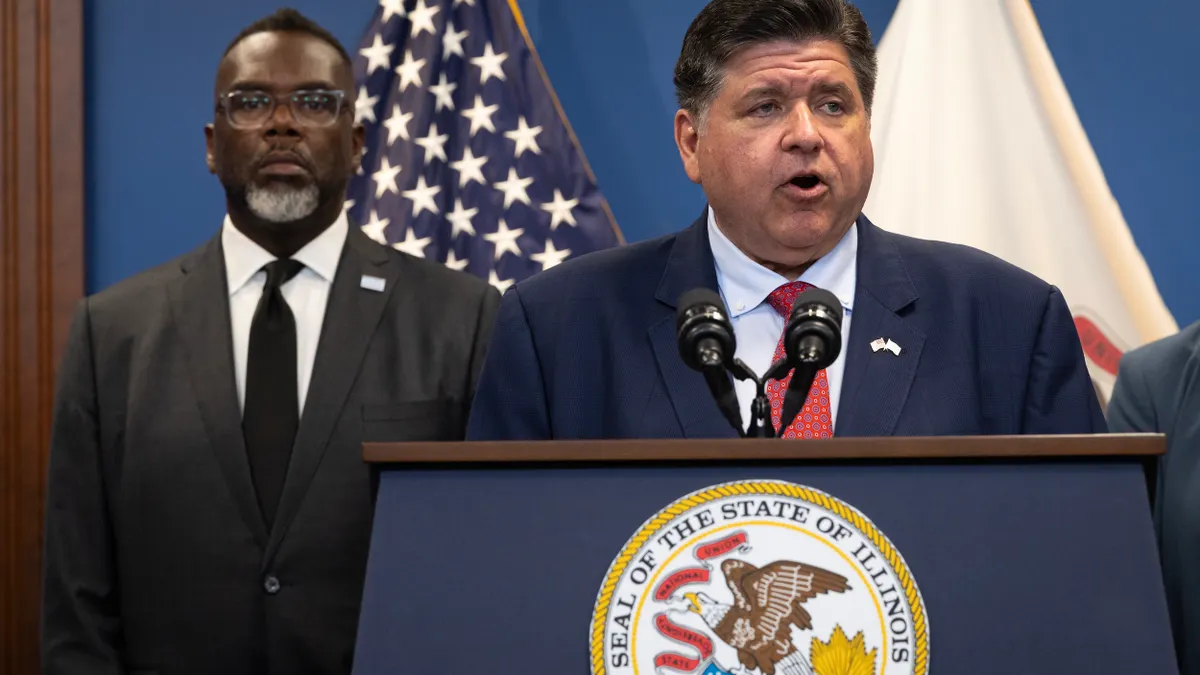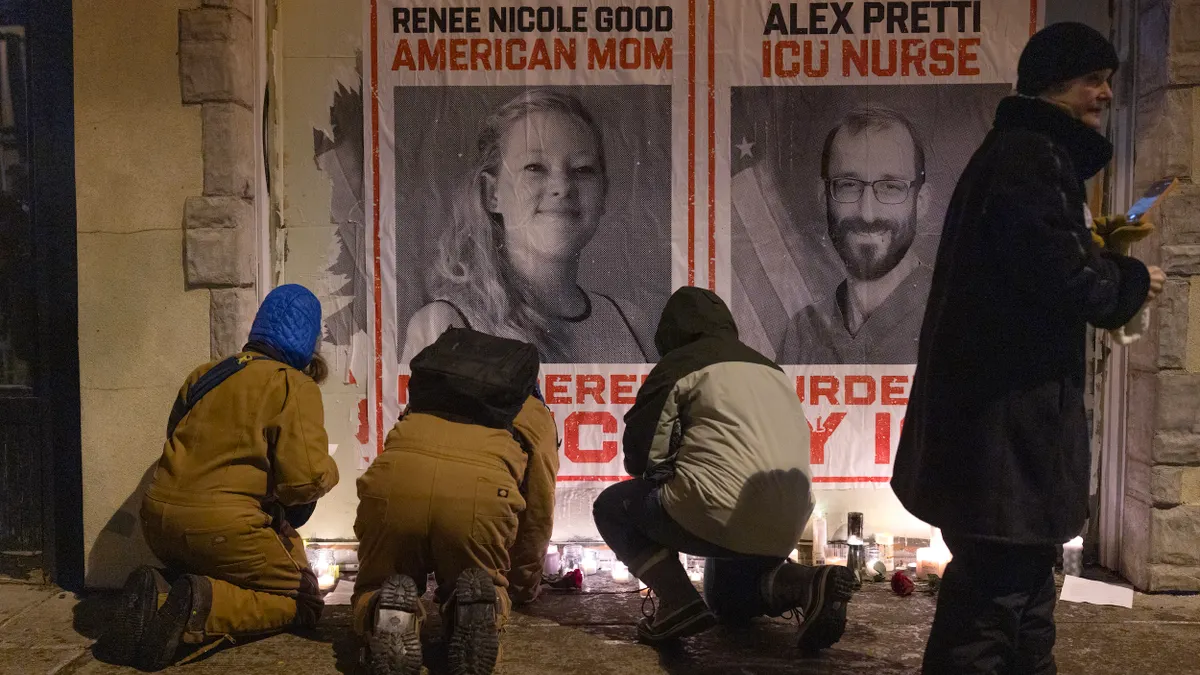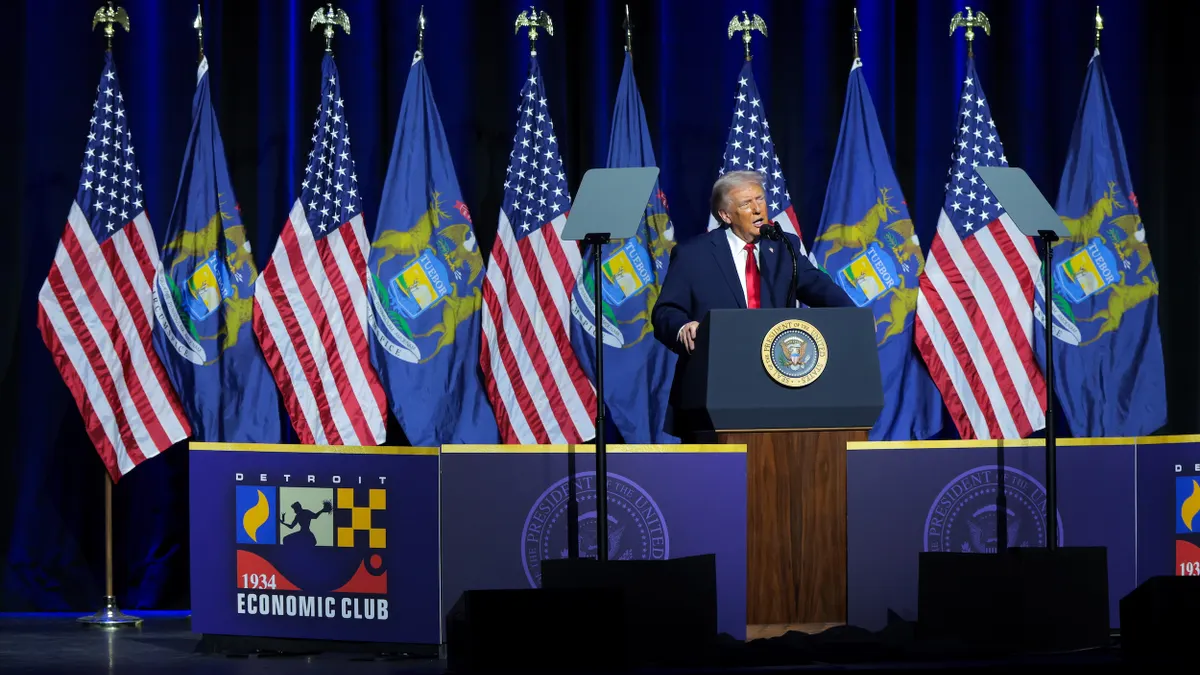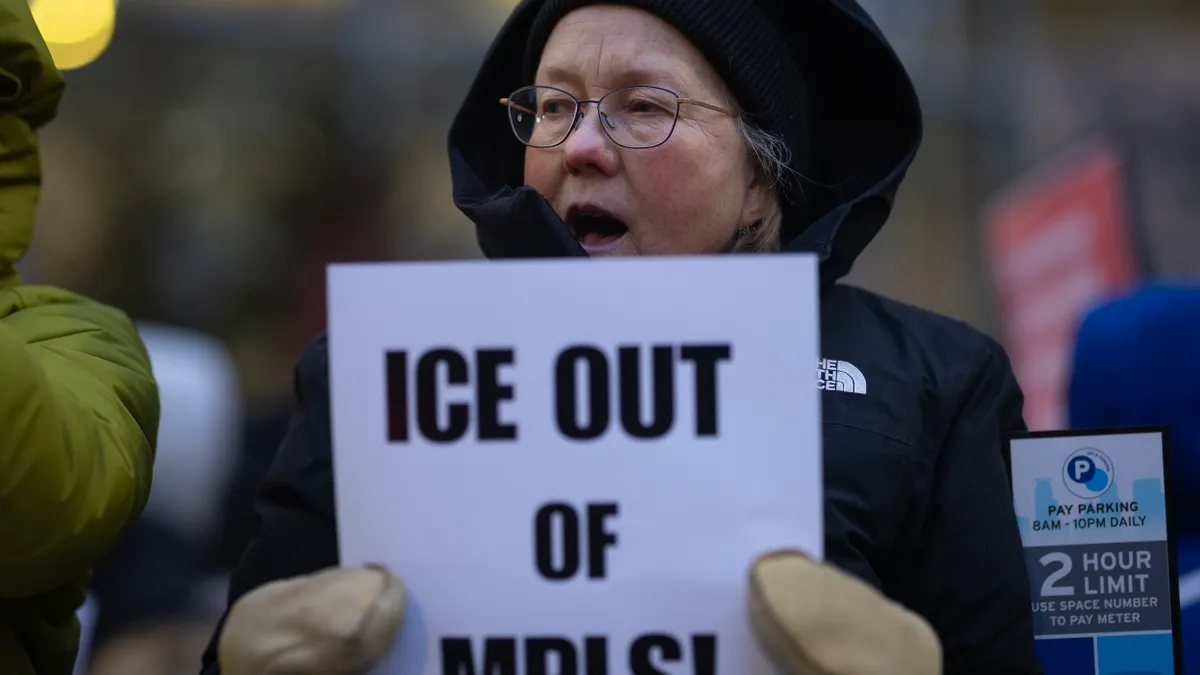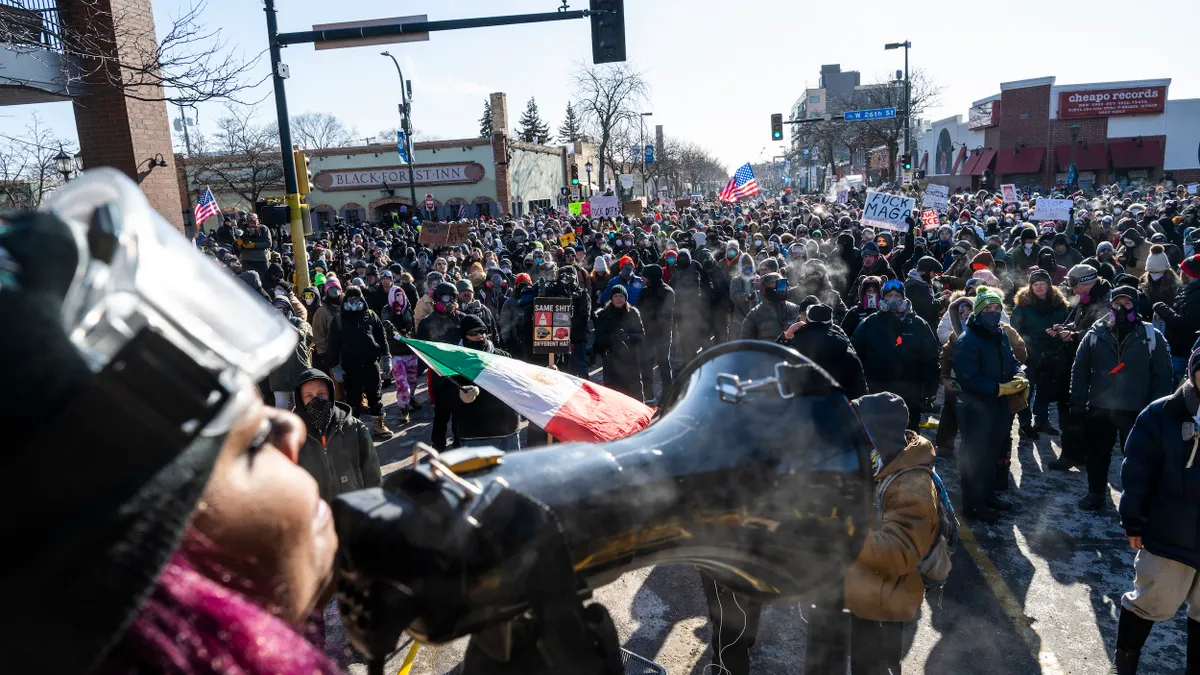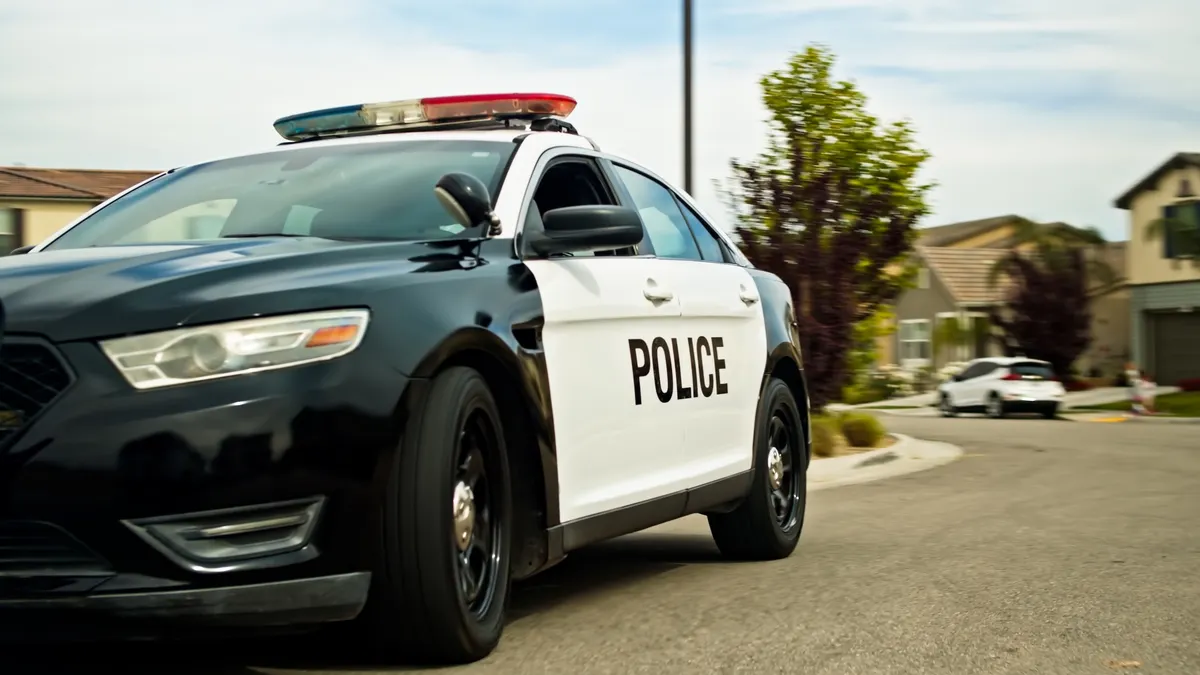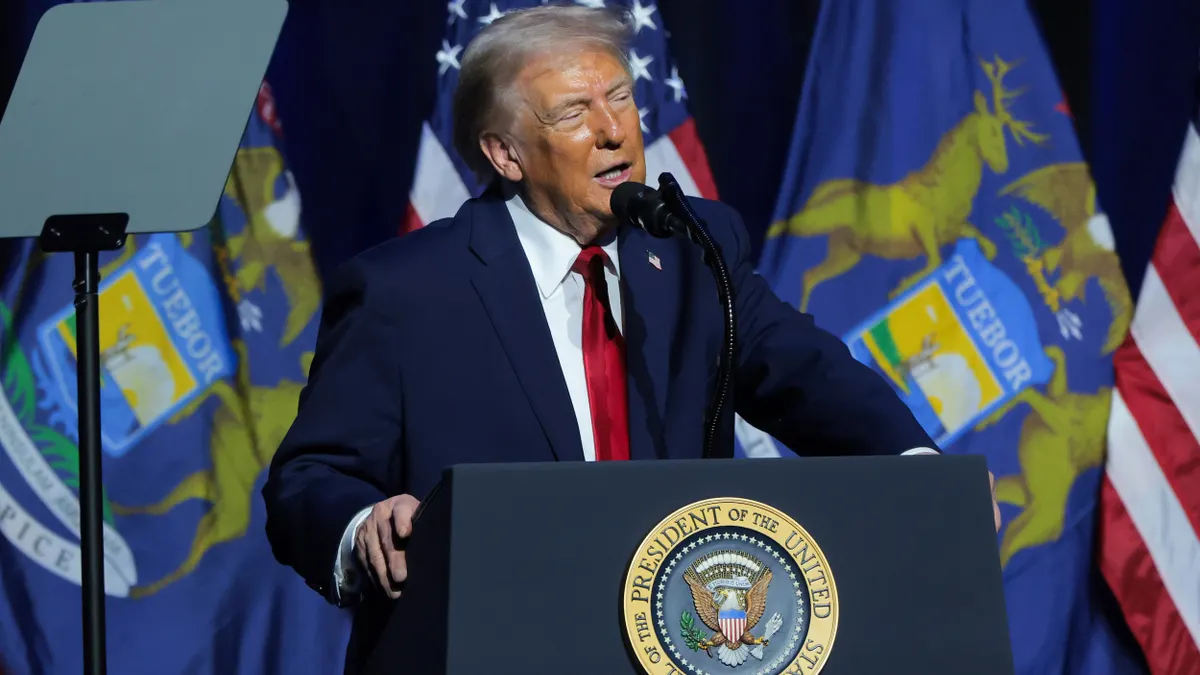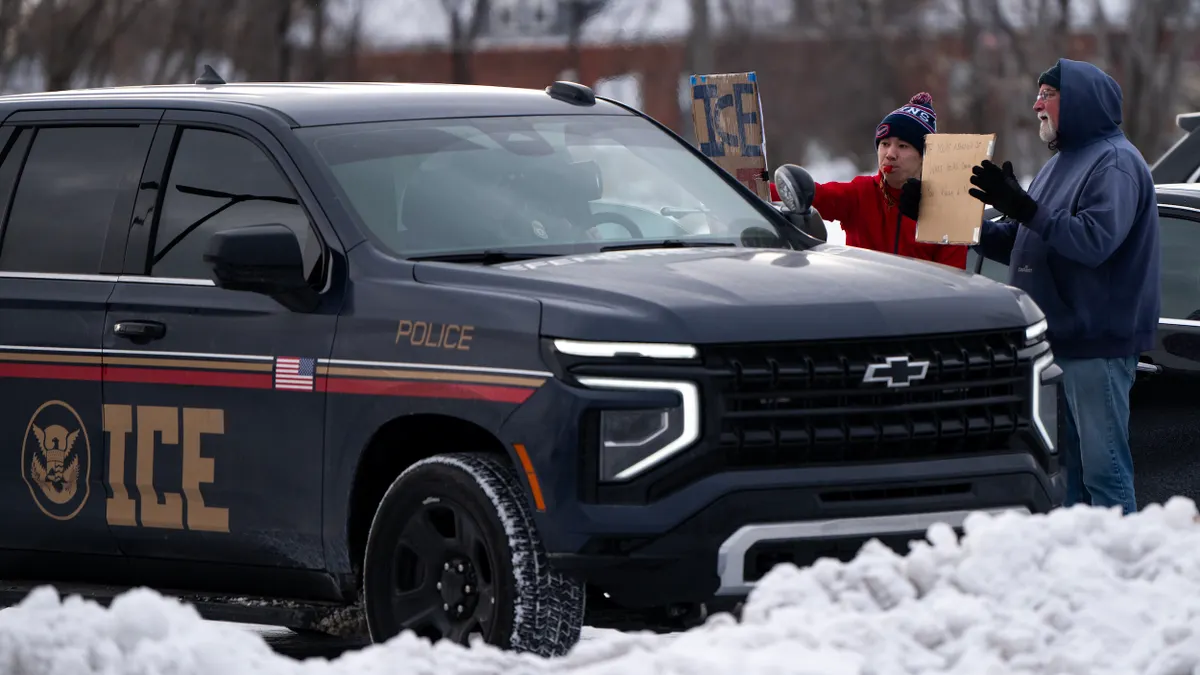Yesterday, U.S. District Judge Charles Breyer ruled that the Trump administration’s deployment of federal troops for law enforcement in Los Angeles — and its threats to do the same in other cities led by Black Democratic mayors, such as Chicago and Baltimore — violated federal law. The judge condemned the administration’s actions and plans as the creation of “a national police force with the President as its chief.”
The primary law forbidding military action in law enforcement is the Posse Comitatus Act. The law has limits, however, said William Banks, an emeritus professor at the Syracuse University College of Law and the author of “Soldiers on the Home Front: The Domestic Role of the American Military.” Banks is an expert on constitutional law, civilian-military relations and emergency powers. In an interview with Smart Cities Dive, he discussed Tuesday’s ruling and why the Insurrection Act could be Trump’s “big gun.”
Editor’s note: This interview has been edited for length and clarity.
SMART CITIES DIVE: What’s important about Tuesday’s ruling?
WILLIAM BANKS: The judge in California confirmed the longstanding principle that the military shouldn't be engaged in law enforcement, which is codified in the Posse Comitatus Act.
Posse Comitatus is a 19th-century law that simply codifies the presumption that we want civilians enforcing our laws, so the law is written to say that the military shouldn't be involved in domestic law enforcement. And I said shouldn't because it's written as a legal presumption so that it can be overcome by some other law that more specifically authorizes military involvement.

Do you think this will stop the Trump administration from sending troops into cities?
I think his options are really quite limited because of the law, not because of politics. Whether it's Illinois or Maryland or some other so-called blue state, [Trump] is going to run into people who don't want to have anything to do with the military being involved in their states, and they're on very firm legal ground to resist.
This reinforces longstanding legal precedent that the principle of Posse Comitatus is alive and well in the United States.
Why does Washington, D.C., fall under different rules than other cities?
D.C. is governed by something called home rule, which was a statute enacted by Congress [in 1973] that gave D.C. a mayor for the first time and gave them a council. So, in the default, D.C. governs itself just like a state, and the mayor is sort of the nominal equivalent of the governor, but she doesn't control the Guard there because in the same statute, [Congress] made the president of the United States the commander of the National Guard [in the district]. So, that's how he was able to do that without really any legal resistance at all — because it was all right there in the statute.
So, in the states now, the short message to the governors is, you are in charge in your states. Take Illinois. [Illinois Gov. JB] Pritzker says, “No way you're coming in here.” And if [California Gov.] Gavin Newsom had had more notice back in the spring, he would have said the same thing.
Does President Trump have other avenues for sending in troops?
There are two circumstances where a president may federalize a response to an incident, say in Los Angeles or Chicago or somewhere else.
One is what he did in Los Angeles, which was pretty clever but a pretty thin read. He sent [troops] out as a protection force to protect the [Immigration and Customs Enforcement] people who were supposedly enforcing the immigration law. That statute, part of Title 10 of the U.S. Code, had been utilized maybe twice in American history. It’s very arcane, and it's arguable whether it even applies in these circumstances, and it certainly doesn't allow the soldiers to do anything other than protect federal property, stand outside the post office, make sure nobody bombs it, and stand around a bunch of ICE guys and women who are picking people up off the street.
The second lever is what you think of as the big gun. He could invoke the Insurrection Act. If he does that, then all bets are off, because he can come in and just take over an incident, but it's a very high hurdle for him. That law has been around since 1792 … and it's also in Title 10. It's written in a way that you wouldn't ever want to write a law for the president. It says if it becomes impracticable to enforce the laws of the United States, you can send in anybody you want. You could send in the Proud Boys, the Oath Keepers, your brother-in-law, whoever you think could do the job. The law is badly in need of revision to make the conditions more stringent and impose guardrails.
How does the president implement the Insurrection Act?
All the president has to do is issue a proclamation that he's triggering the Insurrection Act, and in the proclamation, he has to order the insurrectionists, whoever they might be, to cease and desist. Last time this happened was in the wake of the Rodney King trial verdict in 1992, when Los Angeles was rioting and Gov. Pete Wilson couldn't get a handle on it with local resources. Wilson called President George H.W. Bush and said, “I need federal help,” and Bush agreed and invoked the act.



